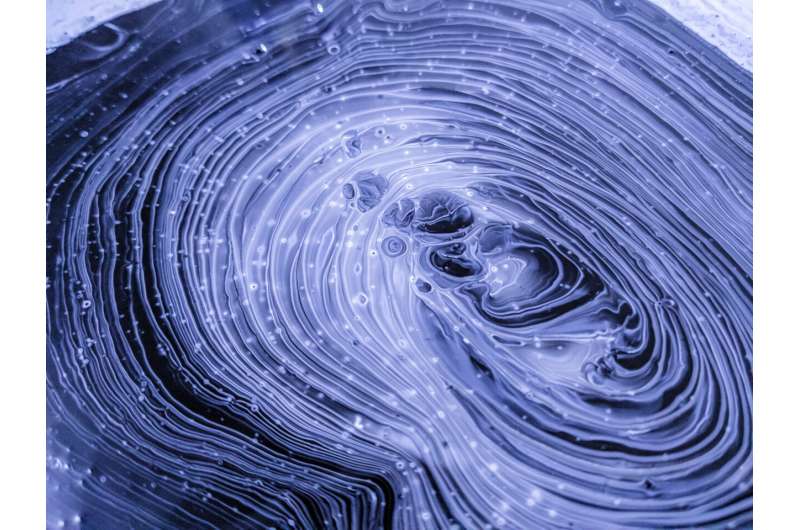To counter COVID-19 misinformation, expert backs new approach to science learning

In the early days of the novel coronavirus' spread through the United States, misinformation spread alongside it.
From presidential news conferences to every nook of social media, COVID-19 misinformation has been rampant. This has led to the need for governmental experts like Anthony Fauci, head of the National Institute of Allergy and Infectious Diseases, to issue clarifications and corrections.
"With the rapid spread of misinformation, it's hard to keep up," said Gale Sinatra, professor of education at the USC Rossier School of Education.
While media and scientific literacy can go a long way in training people to diagnose misinformation, Sinatra's work examines what is needed to improve students' evaluations of evidence and claims. Sinatra and other experts say we are now in a "post-truth era," in which objective facts are less influential in shaping public opinion than appeals to emotion and personal belief.
To counter this, Sinatra and other experts have been developing methods to alter how science is taught in schools. One of the tools they are trying to elevate is a simple but powerful one: plausibility judgments.
How plausibility judgments can combat COVID-19 misinformation
While different kinds of judgments—such as source validity, credibility, reliability and truthfulness—are related to plausibility judgments, plausibility is distinct: It asks a person to look at the evidence and see which set of competing claims has better support. Imagine, for instance, how a jury weighs the cases of the prosecution against that of the defense.
"People should be judging the plausibility of claims such as, 'we can have a vaccine developed in weeks," or that you can take vitamin C as a prevention measure, or worse, gargle with bleach," Sinatra said. "Stop, think and question whether it would be safe to consume bleach, and you would reevaluate that one very quickly."
In a new paper for the journal Educational Psychologist, Sinatra and co-author Doug Lombardi, an associate professor at the University of Maryland, College Park, argue that such plausibility judgments can have a variety of uses.
These experts hope to strengthen the usefulness of plausibility judgments through an instructional tool that helps students not only to evaluate competing claims but also the underlying evidence of those claims. The system, known as Model-Evidence Link, has shown success in deepening student science knowledge in early trials done in middle- and high-school science classrooms.
The similarities between COVID-19 and climate change
Initially, Sinatra and Lombardi had seen this method as especially useful for combating misinformation around climate change. The United Nations has deemed climate change as a major threat to human rights, but a host of misinformation has tried to undermine the scientific consensus that human-caused climate change is a problem.
And while that's still a goal, Sinatra also sees a number of parallels between public understanding of climate change and public understanding of the COVID-19 pandemic.
"For both issues, too many people are trusting their social media circles or politicians and not the experts," Sinatra said, pointing to how some political figures are suggesting dates by which most businesses will reopen.
"Hopefully this will end sooner rather than later, but it's not science-based to pick a date," she said. "As Dr. Fauci has suggested, the virus will determine the time course."
More information: Gale M. Sinatra et al. Evaluating sources of scientific evidence and claims in the post-truth era may require reappraising plausibility judgments, Educational Psychologist (2020). DOI: 10.1080/00461520.2020.1730181
Provided by University of Southern California





















